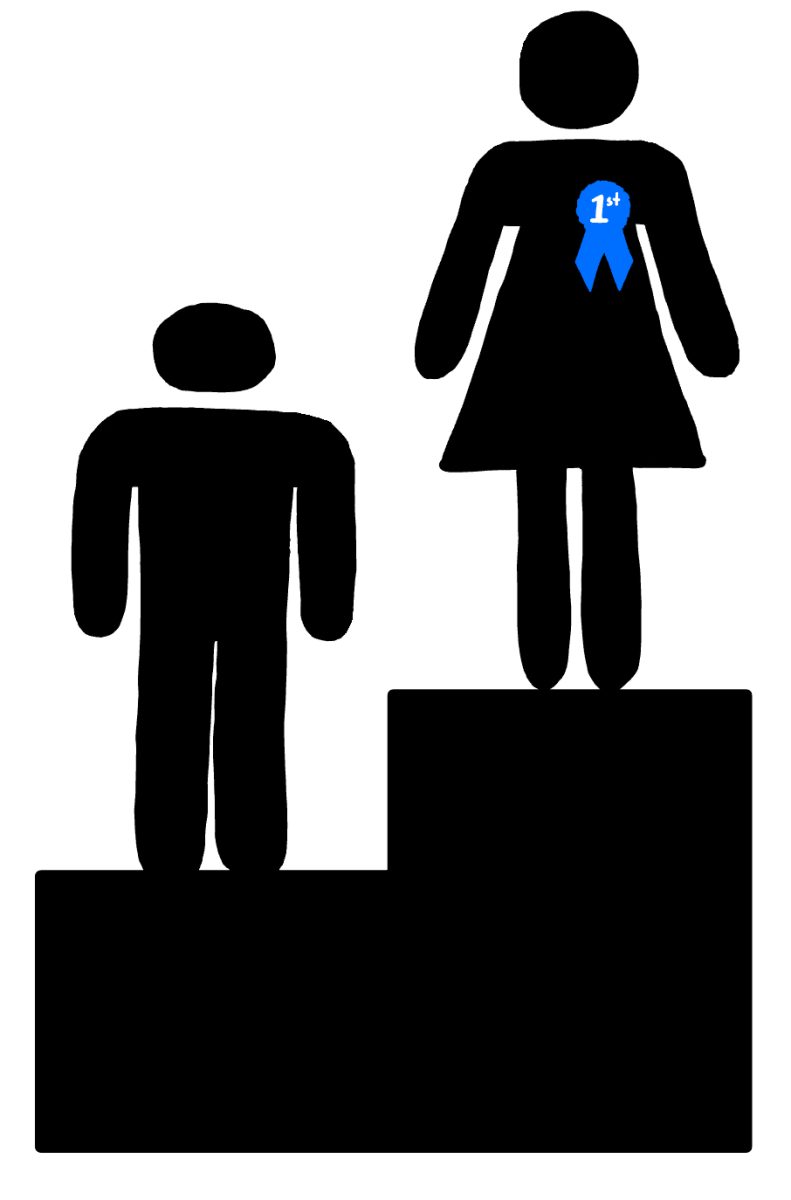Over the past hundred years, womens’ rights have come a long way. Beginning with the womens’ suffrage movement in the late 1800s and culminating in the ratification of the 19th Amendment, which gave women the right to vote, first wave feminism accomplished a lot in terms of establishing women’s rights within a political capacity, yet their was still much to be accomplished in terms of securing women’s rights in other aspects of society. Second wave feminism achieved this goal by focusing on instituting women’s legal, social, and economic rights as well as their political rights.
Since the birth of feminism, there have been many other waves of feminism focused on resolving the various societal impediments facing women. However, as the waves have continued to crash upon the shores of society and the iterations of the movement have increased in extremity over the years, the feminist movement has been tied to the stereotype of women who hate men and want to overthrow the patriarchy.
This radical version of the feminist movement that is often presented through the media and various other platforms uplifts women by degrading men and spreading the ideology that women should rise up against them and take power.
Robin Jordan, a published author and prevalent voice within the feminist community, best sums up the radical feminist media’s general attitude towards men in a statement from her book Going Too Far: The Personal Chronicle of a Feminist:
“I feel that ‘man-hating’ is an honourable and viable political act, that the oppressed have a right to class-hatred against the class that is oppressing them.”
The reality of the matter is that there has been a historical power imbalance between men and women and even today, men still have a larger presence in business and politics than women. According to the United States Census Bureau, women are only majority owners in roughly 35% of U.S. employer firms and there are only 13 female governors serving in the U.S. as opposed to the 37 male governors.
However, establishing equality between the two sexes should not mean exalting women and degrading men. It should mean creating equal opportunities for both men and women to find success in their careers and contribute to their communities in a meaningful way. The path to the future should not be paved with the death of the patriarchy, but with the birth of a meritocracy, where everyone is given the same chance to succeed and can either take advantage of that opportunity and pursue their dreams, or fail on their own terms.
Despite the media’s portrayal of feminists as misandrists, there are many women within the feminist movement who believe this perspective as well, but whose voices are often overshadowed by the radicals who promote misandry and hold all men responsible for the misogyny of their predecessors and peers. In fact, as evidenced in a recent study conducted by The Psychology of Women Quarterly, the majority of feminists do not hate men, those who do simply have louder voices within the community.
In summation, I would say that certain subsects of feminism that have shifted the movement’s focus from supporting women to bringing down men have crossed the line between progression and regression, as they have begun to demean men as men once demeaned woman, but that as a whole, the majority of the movement who simply want equality between the sexes, have not crossed the line.









